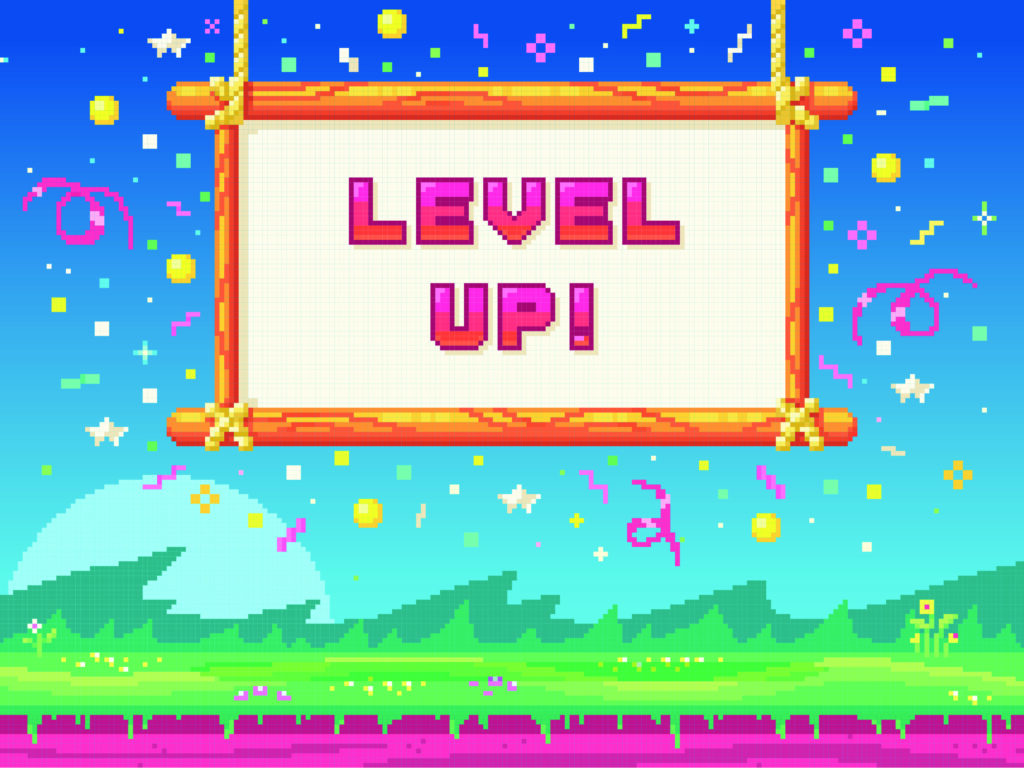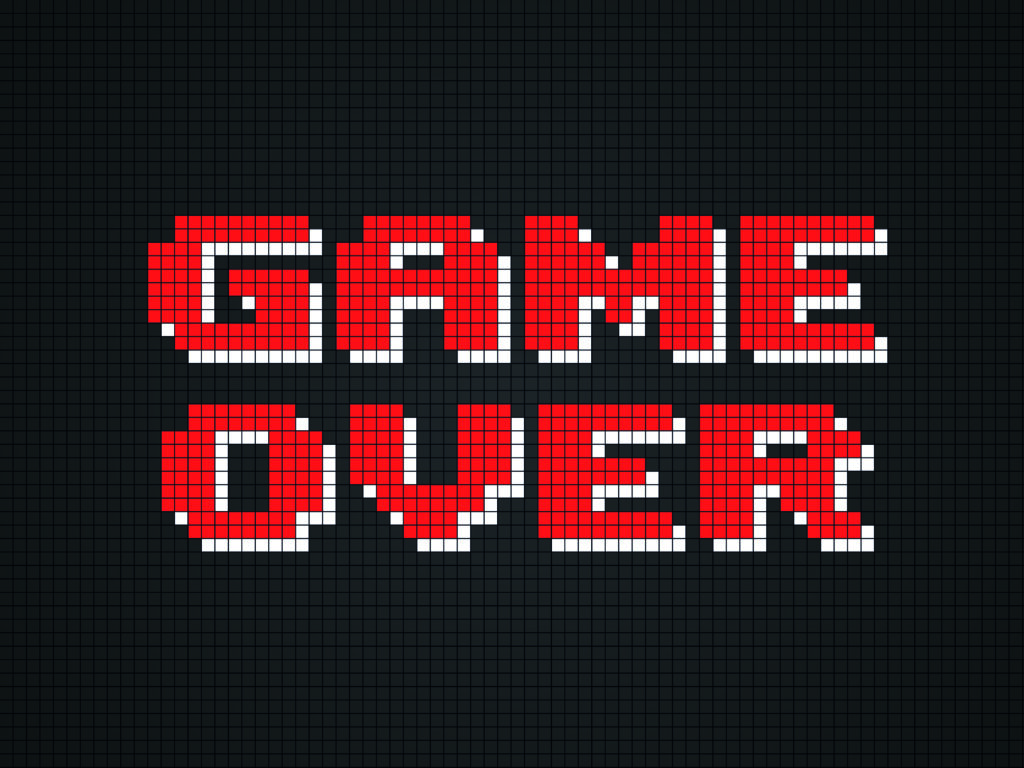Engoo
Republished on (Originally released on )

Did you know that some popular English expressions come from video games? Here are five of the most useful ones.

In games, you "level up" when you move to the next level. When your character levels up, it becomes more powerful and is capable of doing more things.
You can also "level up" in your life or career. This means you move up to the next stage and are doing better than before.
You can also "level up" your skills. This means you improve them so much that it's like you've reached a new level.
A related expression is "take (something) to the next level": e.g. "Take your English conversation skills to the next level with an online tutor!"

When you lose a game, you'll see a screen that says "game over." This is short for "the game is over."
Native English speakers often use the phrase "it is game over" to talk about situations that are failing and cannot be saved.
You probably learned that "fail" is the opposite of "pass": e.g. "Mark failed his test." In the past few decades, "fail" has gained a new meaning: an embarrassing mistake (or the person who made the mistake).
This sense of "fail" apparently started with a Japanese video game in the 1990s. Instead of "game over," the game said "You fail it." A lot of people found this phrase funny, so they started using it and eventually shortened it to "fail!"
Then in the mid-2000s, people started using the phrase "epic fail" to describe fails that were especially funny or ridiculous. For example, if you google "epic fails," you'll find lots of videos of people making embarrassing mistakes. You'll also see it in more serious contexts, such as business and politics.
Another Trump business venture rapidly heading for an epic fail. https://t.co/esbK4kNnla
— Ron Filipkowski 🇺🇦 (@RonFilipkowski) March 31, 2022
"FTW" is an internet slang expression that stands for "for the win." It's believed to have come from a popular game in the 1990s and it means something like "aiming for victory."
Online, FTW is a way to show enthusiasm for someone who is expected to win a game. That's why people use it a lot when they're talking about sports. You'll see FTW used after:
DERRICK ROSE FTW 🌹#CrunchTime | #AllEyesNorth pic.twitter.com/TgQOYy1ReZ
— NBA TV (@NBATV) January 21, 2019
Sometimes people use it even when they're not talking about games or competitions. For example, if someone writes "Bacon FTW" or "Cats FTW," they're saying they strongly approve of bacon or cats.
Keep in mind that offline, people usually say the whole phrase ("for the win").
In the 2000s, gamers started using the word "own" as another way to say they totally beat a game or an opponent. For example, if someone says "I owned the other player," that means they easily defeated their opponent.
From gaming, this sense of "own" spread offline.
Often, people say "(someone) got owned" to talk about situations where some person is confident about something and then someone else proves them wrong – usually in an embarrassing way. You can get an idea of this in the following video.
A stronger version of "own" is "pwn" (pronounced "pown"). Both are casual slang expressions that can be rude, so don't use them in formal situations!
Do you want to level up your English? Then book a lesson with an Engoo tutor!
Our tutors are available 24/7 and they're always excited to teach you real English, help you improve your conversation skills, and achieve any other English learning goals you have. Engoo FTW!
